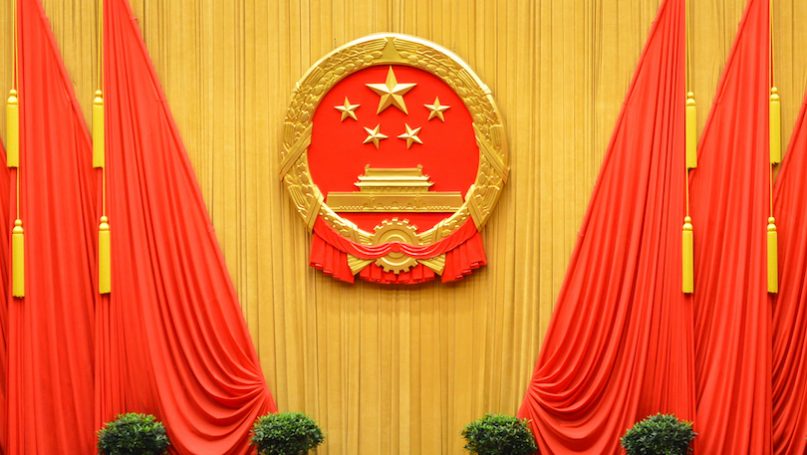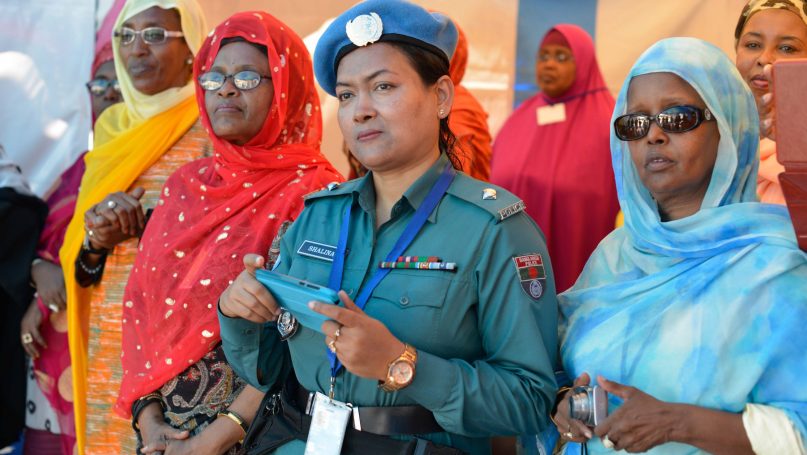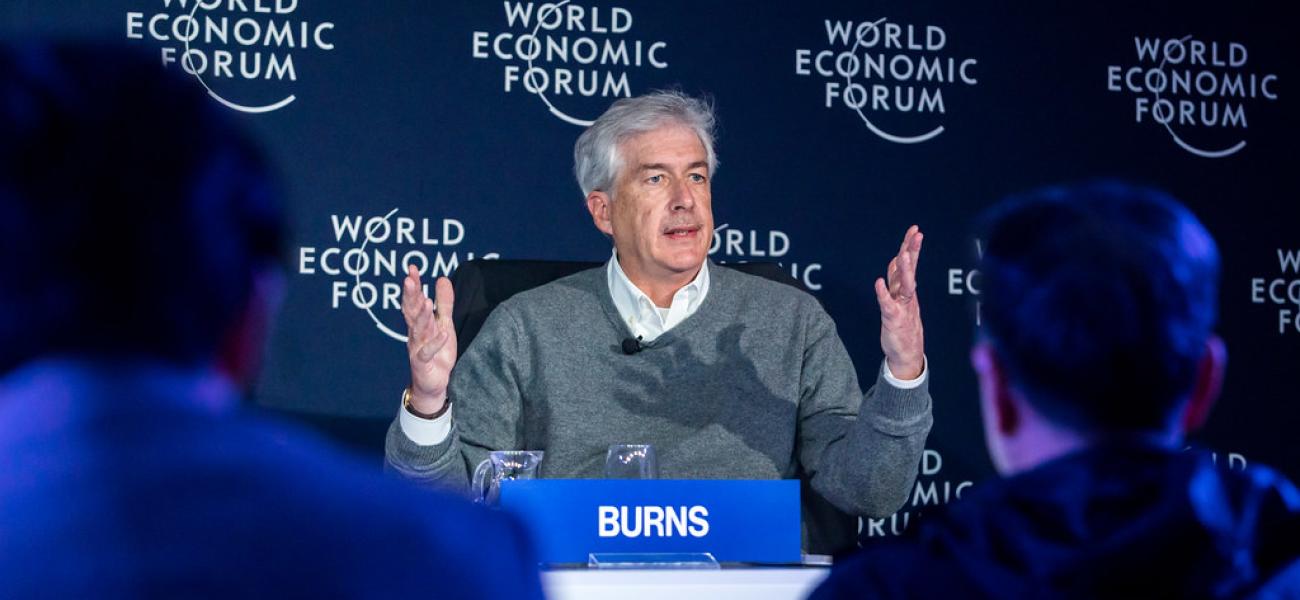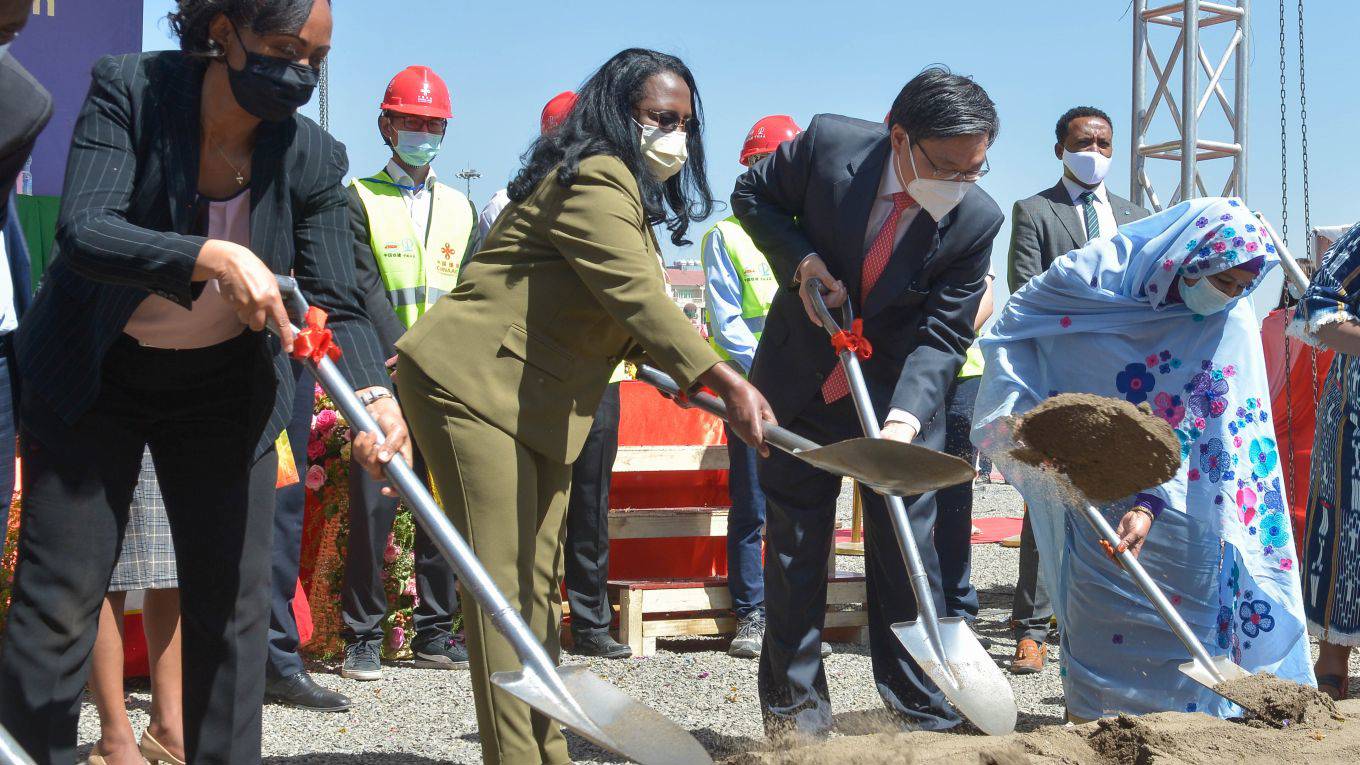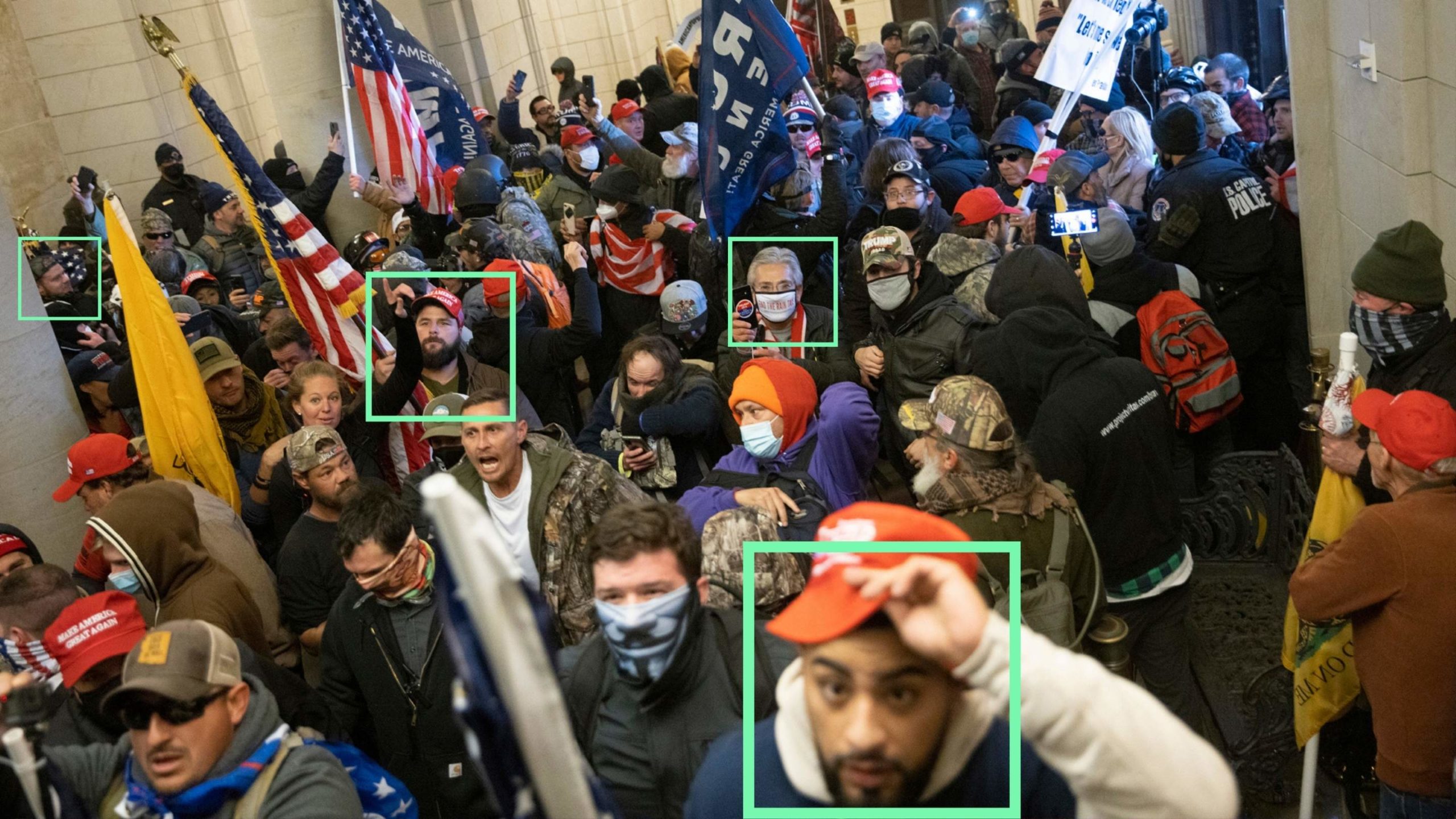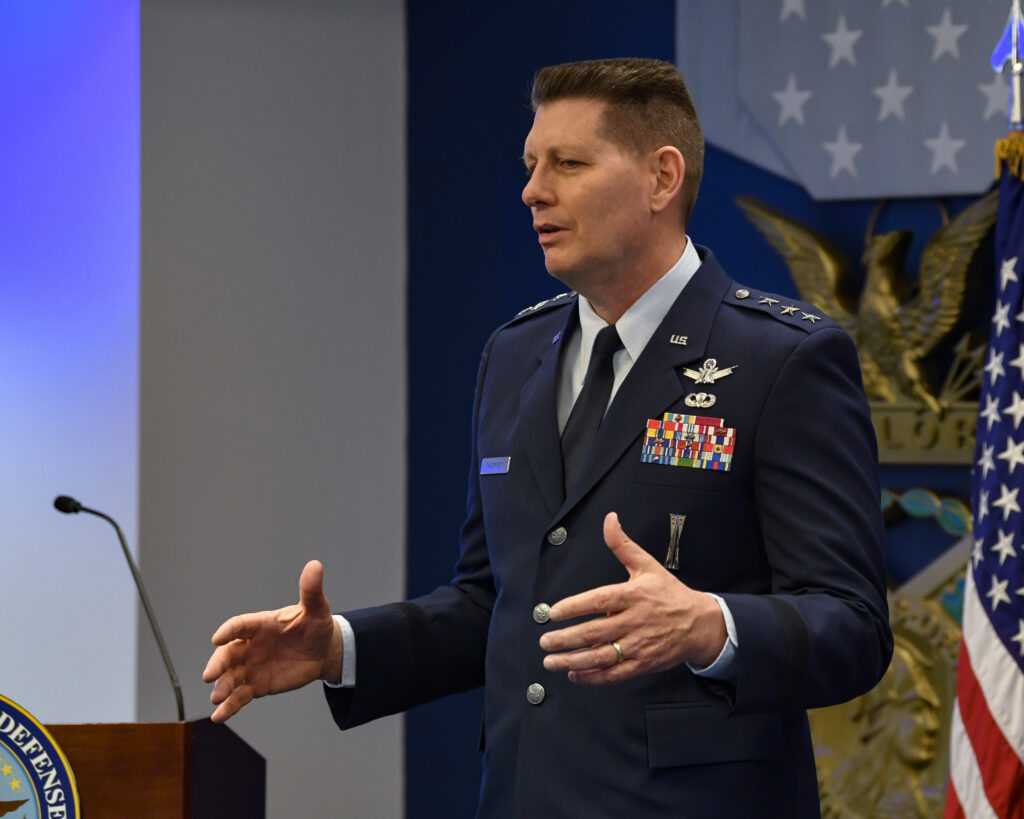Vanda Felbab-Brown
When it takes office on January 20, the Biden administration will face an urgent foreign policy choice: whether to abide by the U.S.-Taliban Doha agreement of February 2020 and withdraw the remainder of U.S. troops from Afghanistan by May 2021. The existence of diplomatic and legal wiggle-room in the agreement — based on so-called interconnectedness (i.e. binding linkages) among the four key points of the agreement and the interpretation of compliance — are tangential to how the Taliban will react. The decision about the May 2021 deadline will have a profound impact on U.S. policy in Afghanistan and beyond.
The decision comes, of course, amid a range of other crises on the new administration’s front burner. But the Afghanistan decision will operate on an extremely tight timeline. A North Atlantic Treaty Organization (NATO) meeting of defense ministers takes place in the middle of February and, understandably, U.S. allies are clamoring to know more about the future of the U.S. military presence in Afghanistan. If the United States decides to keep forces there beyond May, will it seek to negotiate a time-limited extension with the Taliban, or simply force its continued military deployment on the Taliban? And for how long — the length of time it takes to achieve a peace deal that both the Afghan government and the United States like? Or will the United States try to keep an open-ended counterterrorism force in Afghanistan, perhaps even beyond an eventual peace deal?
NATO allies rightly want to avoid a U.S. military exit that fails to simultaneously lift their forces out, leaving them vulnerable without the logistics and intelligence, surveillance, and reconnaissance (ISR) capabilities that the United States alone has brought to the war. Thus, the mid-February timeline is fundamental for NATO’s decisionmaking and forces. Unlike some other looming foreign policy challenges, Biden’s Afghanistan policy will be subject to intense political spotlight.




